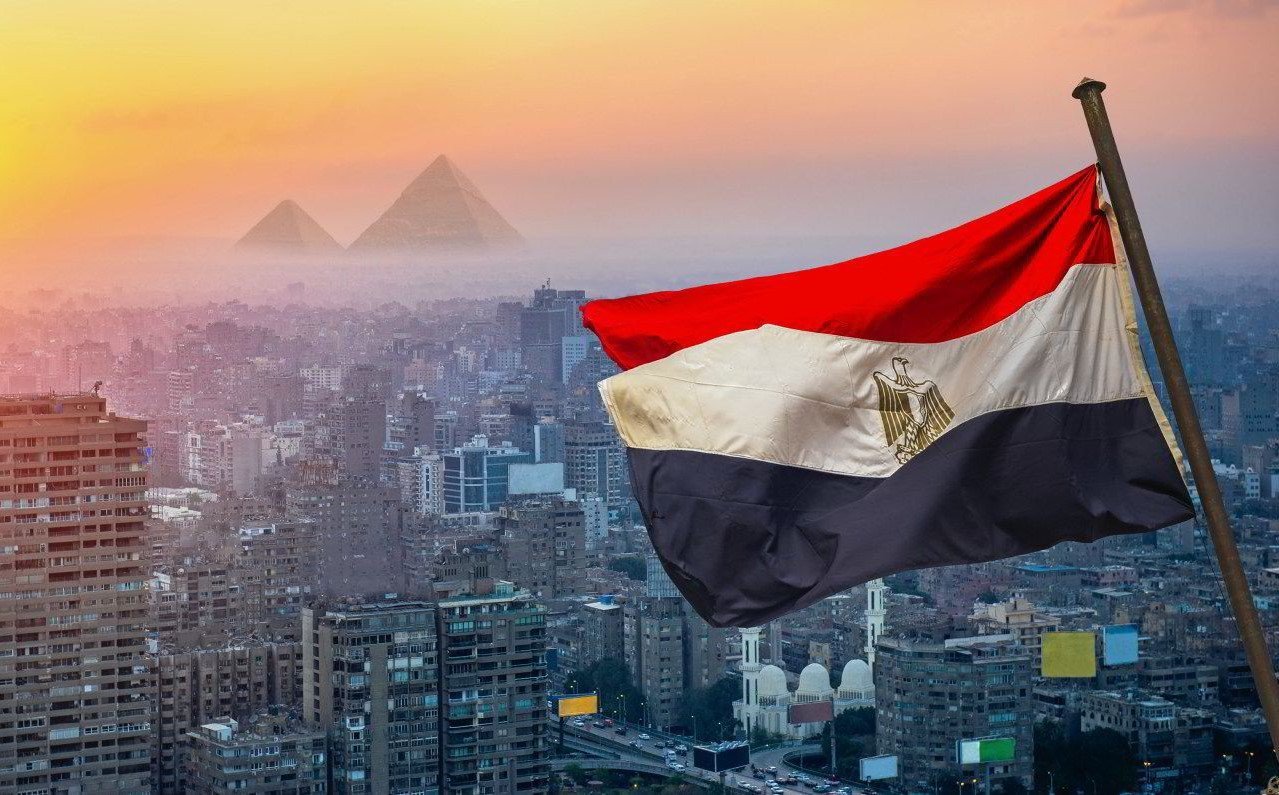The most important climate action event of the year – the 2022 Climate Change Conference (COP27) – has put Egypt in spotlight for its potential to emerge as an important producer and exporter of green hydrogen in the Middle East and Northern Africa (MENA) region.
At the sidelines of the international climate conference, Egypt launched the commissioning of the initial phase of its first-ever H2 project to produce green hydrogen in the economic zone of the Suez Canal (Ain Sokhna), implemented in cooperation with the Norwegian energy giant Scatec.
This project, undertaken by JV firm called Egypt Green, is the African region's first integrated green hydrogen plant, consisting of 100 MW of electrolyzers powered by 260 MW of solar and wind energy. The facility is to house the first and largest PEM electrolyzer systems in Africa.
"Green hydrogen represents a real opportunity for economic development that is compatible with efforts to confront climate change and the Paris Agreement goals", said the country's President Abdel-Fattah al-Sisi. It is reported that as much as 16 MoUs are being signed by Egypt in the field of green hydrogen production this week.
The project is expected to deliver up to 15,000 tons of green hydrogen as feedstock for production of about 90,000 tons of green ammonia per year in already existing twin-ammonia plants in Ain Sokhna area.
European nations have time and again reiterated the importance of the MENA and African regions to meet their clean energy and hydrogen needs in the coming decades, more so after the Ukraine-Russia war that has seriously rendered the natural gas supply from the Russia as unreliable and unsustainable.
In recent times, cost comparative advantages and abundance of resources and potentiality have spurred investments in renewable wind and solar power in the MENA region. As a corollary to the developments, green H2 projects are also gaining huge momentum, especially in Egypt with over 100 billion dollars being invested for its production.
Egyptian government is also investing heavily in green hydrogen in a bid to help phase out fossil fuels and reduce carbon emissions. Once all these projects get operationalized, the country could produce up to 3.6 million tonnes of green hydrogen per year, which is more than a third of what the European Union plans to import by 2030, according to a report by European business weekly WirtschaftsWoche.
"The MENA-region is capable of producing green hydrogen at a cost of a little more than one dollar per kilogram," said Katharina Reiche, head of German government's hydrogen council. This would make green hydrogen cheaper than grey hydrogen produced with natural gas, given the required infrastructure for transportation and transmission lines, especially pipeline setups for the long-run, are churned out, the news report said.
Even otherwise also, exports of green hydrogen from Egypt are unlikely to take place immediately. The country is planning to open a hydrogen facility to convert the gas into ammonia for ease of transportation via shipping only by 2025.
With a pipeline of $40 billion in funding, set up by the National Committee, the European Bank for Reconstruction and Development (EBRD) and other international partners to accelerate development in the run up to COP27, hydrogen is emerging as a critical means to global energy transition.
A report from Rystad Energy has identified the development pipeline of H2 projects to have a potential of 11.62GW by 2035.
According to the Hydrogen Council and McKinsey total investment in hydrogen will reach more than $300 billion by 2030, including $80 billion on projects that are already in planning, investment, construction, or operational stage. About 85 percent of these projects are in Europe, Asia, and Australia.
By 2050, hydrogen could form a significant part of the energy mix in a decarbonized energy system. And, given the current high cost and difficulty of accessing fossil fuels, hydrogen may finally be reaching competitiveness, claim the industry experts.
That way, Egypt – along with the MENA region – is emerging as a popular destination for European green hydrogen collaboration and investments, thereby becoming a hotspot for hydrogen production in the pan-regional unit of Middle-East and Africa put together.
RELATED: COP27 - Hydrogen Day marked massive push for Green Hydrogen ecosystem
Read More

